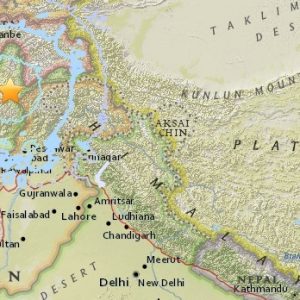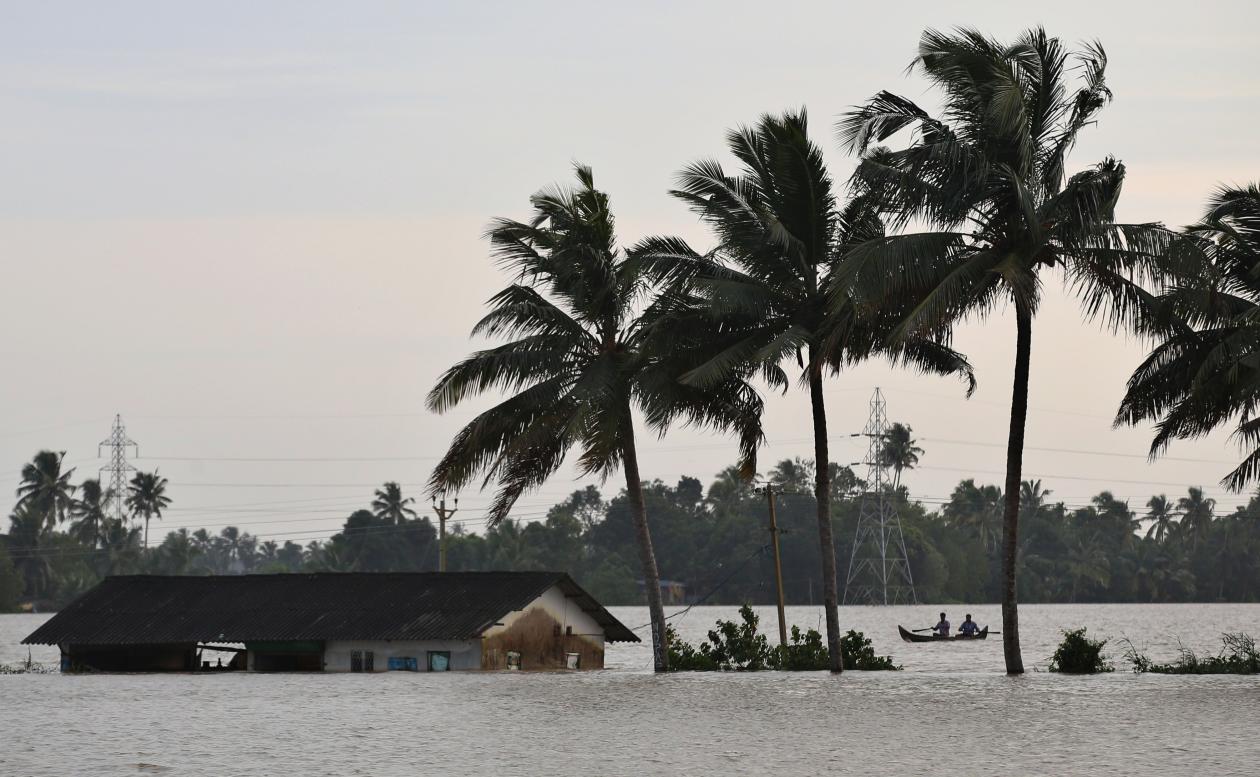Earthquake in Afghanistan Leaves Residents in Northern India Shaken



India is set to embark on a new chapter in its Polar exploration journey with the construction of Maitri II. The Indian government plans to establish a new research station near the existing Maitri ba...
.png )
The Deep Ocean Mission (DOM), approved by the Government of India in 2021 under the Ministry of Earth Sciences (MoES), represents a strategic step in realizing Sustainable Development Goal 14 (SDG 14:...

China recently announced restrictions on the export of seven rare earth elements (REEs), soon after US President Donald Trump decided to impose tariffs. As the world's dominant supplier—responsible fo...
<p>New Delhi, January 31 (G’nY News Service): An earthquake shook major states of North India at around 0707 GMT, which is 12:37 PM IST. The tremors were heavily felt in Jammu & Kashmir while mino...
<p>After Amphan causing widespread damage in the Eastern parts of India, the Indian Meteorological department has now issued warnings for the South Gujarat coast and Northern Maharashtra regarding the...
It is imperative to reconnoiter the potential best practices, lessons learned and way forward from the Kerala 2018 floods, which include community response to disaster risk reduction and institutional...
<p>The statistics of road accidents in India are alarming. Development and progress on one side translates into a growing motor traffic on the other, and then Indian roads are far from ideal and can h...
<p>New Delhi, January 31 (G’nY News Service): An earthquake shook major states of North India at around 0707 GMT, which is 12:37 PM IST. The tremors were heavily felt in Jammu & Kashmir while minor shocks were felt in Delhi, Haryana, Punjab and some parts of Himachal Pradesh.

<p>After Amphan causing widespread damage in the Eastern parts of India, the Indian Meteorological department has now issued warnings for the South Gujarat coast and Northern Maharashtra regarding the possibility of a cyclone Nisarga. As the cyclones are wreaking havoc in various parts of India almost every year consistently, it is pertinent to understand the phenomenon clearly. This article is th...

It is imperative to reconnoiter the potential best practices, lessons learned and way forward from the Kerala 2018 floods, which include community response to disaster risk reduction and institutionalising capacity building for flood risk management. In order to support this review the significance of social capital in initial response as first responder and the need of institutionalising this soc...
